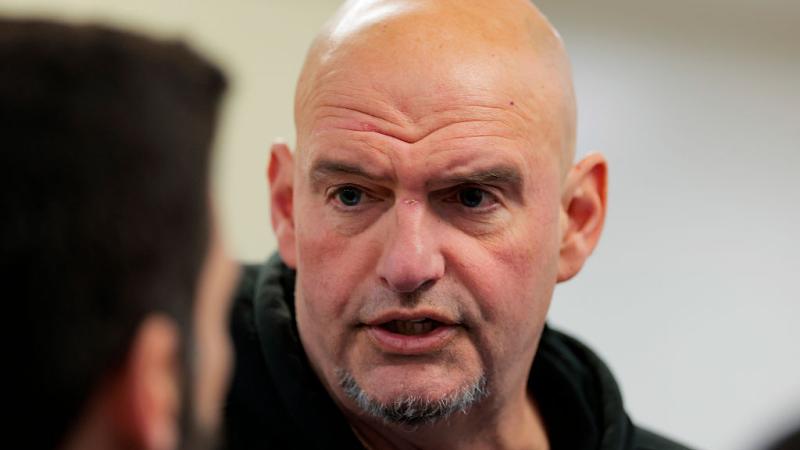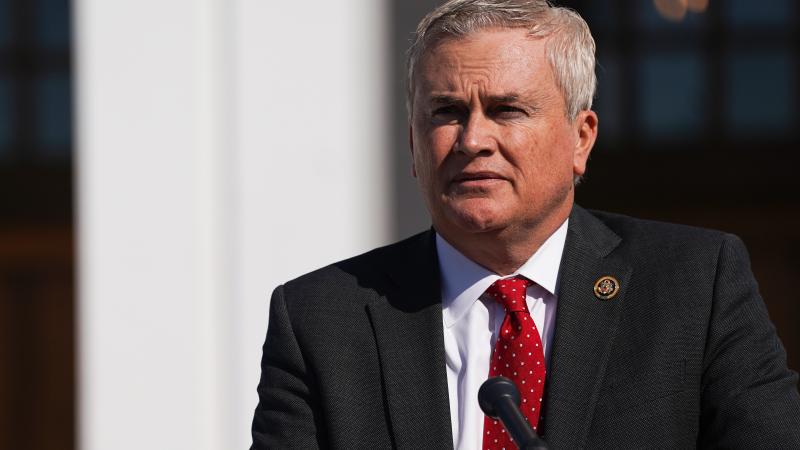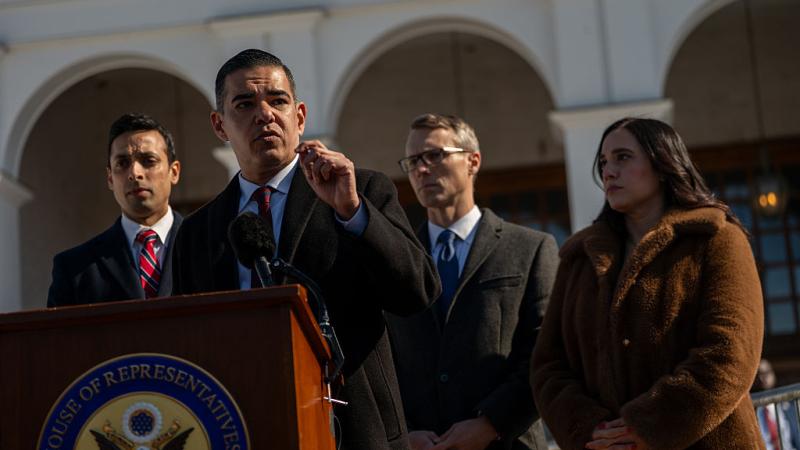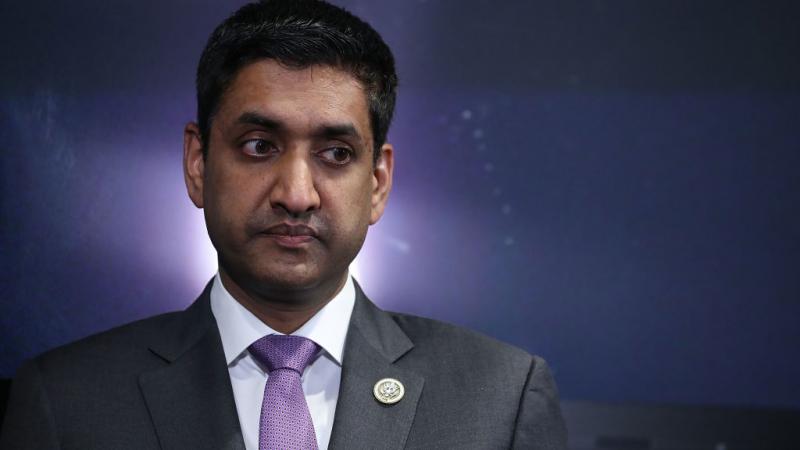Bipartisan duo of lawmakers introduce the Modern Television Act of 2021
"Congress needs to finally modernize the outdated 1992 video laws that no longer fit today's technology," Rep. Steve Scalise said in a statement.
A bipartisan duo of lawmakers has introduced legislation that aims to update regulations pertaining to television.
According to a press release, the Modern Television Act of 2021 put forward by House Republican Whip Steve Scalise of Louisiana and Democratic Rep. Anna Eshoo of California is "a bill to repeal outdated regulations of the 1992 Cable Act, including retransmission consent and compulsory copyright license, to increase competition in the TV marketplace and to better address perennial broadcast TV blackouts."
One aspect of the bill is that it would help avert broadcast blackouts in the event that a satellite or cable company and a broadcaster do not extend an agreement — the bill would mandate that the satellite or cable company continue carrying that signal for a period of time amid negotiations with the broadcaster.
The press release states that the bill "Protects consumers from experiencing broadcast blackouts when multichannel video programming distributors (MVPDs; i.e., cable and satellite carriers) and broadcasters fail to extend an agreement by requiring MVPDs carry a broadcast signal while the parties continue negotiations for up to 60 days. Parties are retroactively paid for their content aired during this time. (Effective 90 days after enactment.)"
Rep. Steve Scalise said in a statement: "Congress needs to finally modernize the outdated 1992 video laws that no longer fit today's technology. Our bill brings back basic copyright protection laws, so that everyone gets paid for their products, and consumers get to choose whatever they want to buy, wherever they want to buy it, and watch whatever they want on any device they choose."















